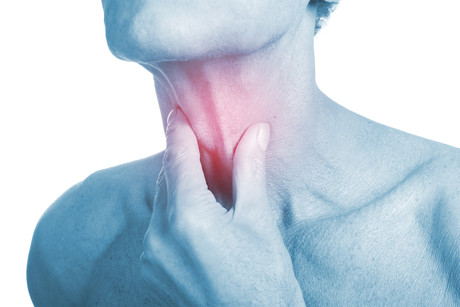Drug resistance reversed in head and neck cancer

A research team led by The University of Queensland (UQ) has discovered how to reverse drug resistance in head and neck squamous cell carcinoma (HNSCC) — a type of cancer for which patient mortality remains stubbornly high at 40%.
As explained by Associate Professor Nicholas Saunders from UQ’s Diamantina Institute, squamous cell carcinoma is curable when diagnosed early but is difficult to eradicate once the cancer spreads.
“The drugs used to treat squamous cell carcinomas that have spread to other parts of the body only work for a small fraction of patients,” he said. As a result, this cancer of the skin and mouth kills approximately 1400 Australians each year.
Writing in the journal Science Translational Medicine, the researchers noted that a critical issue in advanced SCC is to identify and target the mechanisms that contribute to therapy resistance. They found that a transcriptional inhibitor called E2F7 was controlling drug resistance in the affected cells.
“More than 80% of squamous cell carcinomas we examined had a unique defect in the protein,” Dr Saunders said.
“In normal cells, E2F7 stays within the nucleus of a cell and blocks drug resistance.
“We discovered that in most squamous carcinomas E2F7 is pumped out of the nucleus, meaning it can no longer stop drug resistance occurring.”
The good news is that the researchers also identified an approved drug that can prevent the export of E2F7 from the nucleus. By adding this drug to an existing treatment, the cancer cells became sensitive to existing chemotherapeutics and more responsive to the treatment.

Dr Saunders said finding new ways to prevent drug resistance is vital for improving patient outcomes.
Retinal health linked to dementia risk, study shows
Researchers have discovered that the blood vessels at the back of the eye — called retinal...
Pancreatic cancer hijacks metabolism switch to help it spread
Pancreatic cancer hijacks a molecule known for regulating physiological processes, such as food...
Novel antibiotic activates 'suicide' mechanism in superbug
Researchers have discovered a new class of antibiotic that selectively targets Neisseria...




